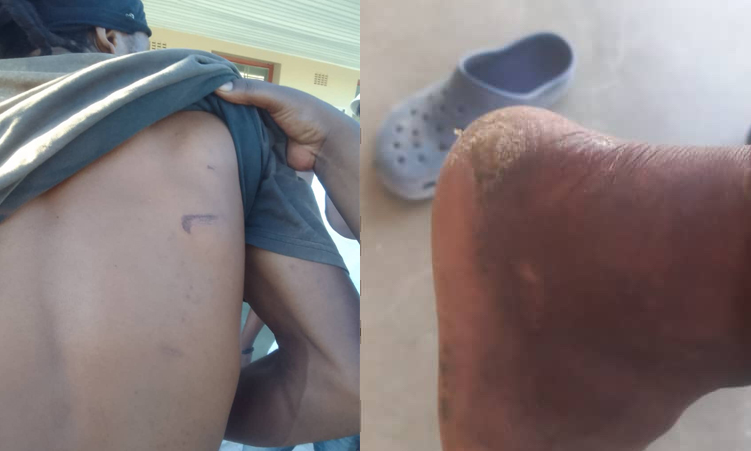KADUNA – Nigerian regulators want to set limits on the length of time bank chief executives can serve to try to prevent a repeat of the lax governance which they say brought several institutions to the brink of collapse.
The head of the Nigeria Deposits Insurance Corporation (NDIC), which carried out a joint audit of the banking sector with the central bank earlier this year, said bank chiefs should be limited to serving two five-year terms.’It is imperative that each bank should have in place a binding contract for tenure of CEOs,’ NDIC Chief Executive Ganiyu Ogunleye said on the sidelines of media workshop in the northern city of Kaduna last week. The central bank injected 400 billion naira (US$2,6 billion) into five banks on August 14 and sacked their senior management after the first round of the special audit found lax governance had left them so weakly capitalised they posed a systemic risk.It said on October 2 it was providing 200 billion naira to four more banks also judged to be facing a grave liquidity crisis.Executives from some of the banks have been charged with criminal offences ranging from recklessly granting loans to share price manipulation. Ogunleye said the long tenures of bank chief executives had left them so powerful that they at times acted without approval.’In one of the troubled banks, the CEO was found to be so dominant to the extent of over-riding the board … Most CEOs with significant equity interest disregarded board decisions on credit allocations,’ he said. Some of the sacked bank chiefs had been in office for a period of between 10 to 20 years, with many of them holding the majority of shares either directly or through proxies.The loans the banks racked up included credit to speculators on a stock market which fell 60 per cent over a 12-month period, sometimes to buy back their own shares, and unsecured financing to fuel importers who saw oil prices halve over the same period.The first five banks to be rescued – Afribank , Finbank , Intercontinental Bank , Oceanic Bank and Union Bank – between them accounted for almost 90 per cent of exposure to the central bank’s expanded discount window, at which institutions can meet short-term obligations by borrowing central bank funds.The second group of banks to be bailed out were Bank PHB , Equitorial Trust Bank, Spring Bank and Wema Bank. One other, Unity Bank, was judged to have insufficient capital but was not in a grave situation because it had a healthy liquidity position.The country’s remaining 14 banks were found to have adequate capital and liquidity to support current operations. – Nampa-Reuters
Stay informed with The Namibian – your source for credible journalism. Get in-depth reporting and opinions for
only N$85 a month. Invest in journalism, invest in democracy –
Subscribe Now!










